Infection and Immunity nieuws
Infection and Immunity nieuws
Sep 24: Safe standards for food allergens recommended

An expert committee of the WHO and the World Food Organization FAO, at the request of a UN special committee, recommended standards for warning of the possible unintended presence of allergens in food. These standards can help prevent potentially life-threatening situations for food-allergic consumers and significantly improve the quality of life of people with a food allergy and their environment. Research by, among others, TNO, UMC Utrecht and Utrecht University into the sensitivities of people with a food allergy formed the basis for this scientific advice.
Read moreSep 23: In CVID the immune system is chronically activated in combination with microbial dysbiosis
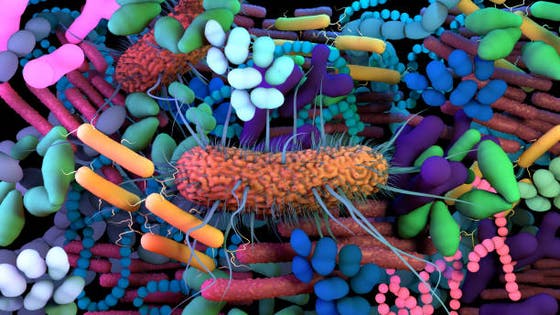
PhD research by Roos-Marijn Berbers at UMC Utrecht shows that immune dysregulation in patients with CVID comprises profound chronic activation of the immune system and dysbiosis of the respiratory and gut microbiota. Moreover, microbial dysbiosis may result in presence of specific pathogens that are associated with autoimmune disease, and which exacerbate the deregulation of the immune system resulting in clinical symptoms.
Read moreAug 9: Novel molecular regulatory mechanism identified that underlies psoriasis pathogenesis
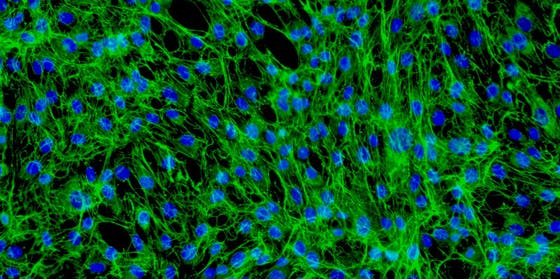
Fibroblasts in the skin of psoriasis patients produce multiple cytokines that are responsible for the chemo-attraction of immune cells into the dermis and the hyperplasia of the epidermis, two of the key characteristics of psoriasis. The process appears to be regulated by ZFP36 family members (these are RNA-binding proteins with mRNA-degrading properties), according to research by UMC Utrecht.
Read moreAug 5: High doses of blood thinners are effective for hospitalized COVID-19 patients, but not for ICU patients
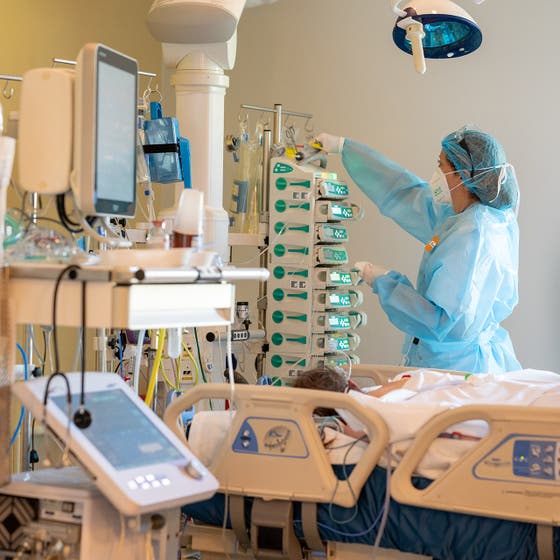
Treatment with higher doses of blood thinners is effective in patients with COVID-19 who are hospitalized on the ward. Treatment can prevent these patients from becoming seriously ill and can improve the patients' recovery. However, treatment with such a dose of blood thinners is not effective for patients in the ICU. This is shown by research from three clinical studies worldwide (REMAP-CAP, ACTIV-4 and ATTACC), the results of which were published on August 4, 2021 in the prestigious New England Journal of Medicine.
Read moreAug 2: Pro-inflammatory metabolite may cause GI symptoms after Campylobacter food poisoning

Investigators at UMC Utrecht and Utrecht University have found that ADP-heptose, a pro-inflammatory metabolite that is secreted by bacterium Campylobacter jejuni, is responsible for gut inflammation after food poisoning, resulting in diarrhea. This finding contributes to the pathogenesis of C. jejuni infections and may provide clues for a preventive therapy of food poisoning.
Read moreJul 28: Travelers wanted for research into mosquito and tick-borne infections
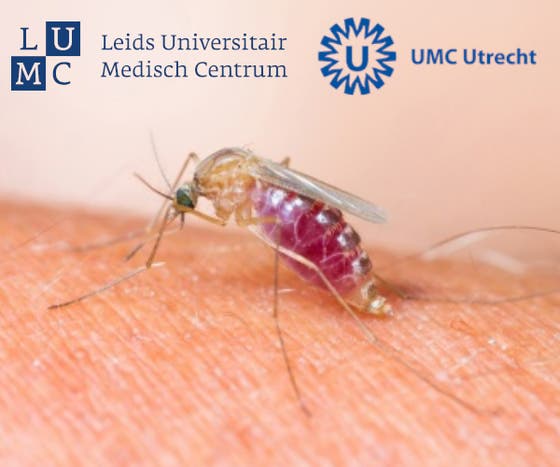
Summer vacation has started for many people and this time of the year often brings a lot of mosquitoes and ticks. In addition to nasty tickles, red spots and bumps, these insects can also transmit diseases to humans and animals. UMC Utrecht and LUMC today start a study (One Health Travel Study) into the prevention of mosquito and tick-borne infections and are looking for 1,000 travelers who want to contribute.
Read moreJul 27: Automated surveillance of healthcare-associated infections
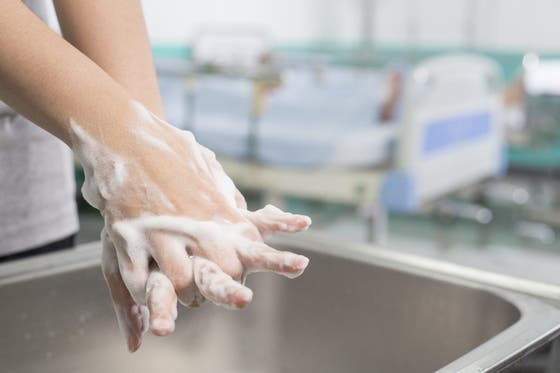
Automated surveillance of healthcare-associated infections uses routine-care data stored in electronic health records (EHR) to identify patients who (may) have developed a HAI. These systems reduce the workload of manual surveillance, thereby freeing up infection control practitioners' time; in addition, it can provide better standardization of surveillance results by facilitating data collection and standardizing case ascertainment.
Read moreJul 21: May contain traces of peanut . . .
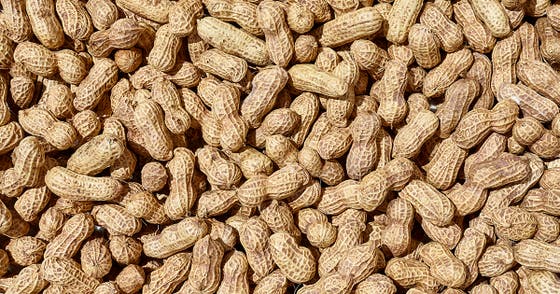
New research on allergen information on food labels provides concrete recommendations for the market Imagine that your friend has a peanut allergy and he is coming to visit you. You go to the supermarket, looking for a biscuit to go with your coffee. Do you look at the label to see if the biscuit contains peanuts? And if it says 'may contain traces of peanuts', do you buy it or not? Researchers from Utrecht University, UMC Utrecht and TNO wanted to know how people interpret and assess the allergen information on labels. The study showed that less than 50 percent of the food-allergic and non-allergic Dutch participants believe that the information on allergens is clear. The information on labels is not unambiguous, even though it would help consumers make the right choice.
Read moreJul 2: UMC Utrecht starts clinical trial into possible corona treatment
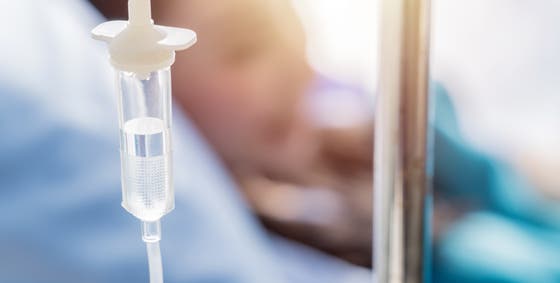
A phase 2 clinical study with a new drug candidate in adults with a corona infection will start on July 5 at UMC Utrecht. The drug, ensovibep, should accelerate the recovery from corona and prevent the need for (urgent) hospital care.
Read moreJul 1: Antibody measurement does not predict clinical outcomes in chronic Q-fever
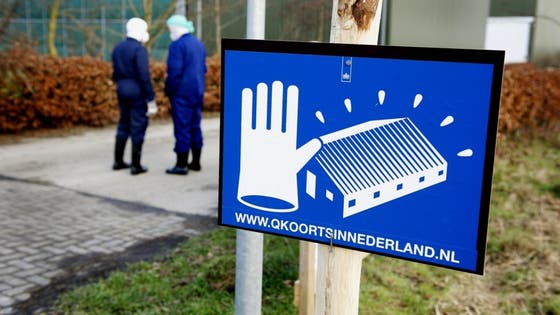
Measurement of IgG antibodies against the bacterium Coxiella burnetii does not reliably predict disease-related events or therapy failure during treatment and follow-up of patients with chronic Q-fever. Alternative markers for disease management are therefore needed. For the time being, management of patients with chronic Q-fever should be based on clinical factors, PCR test results, and imaging results. This was concluded in a Dutch study that has now been published in Clinical Microbiology and Infection.
Read more
